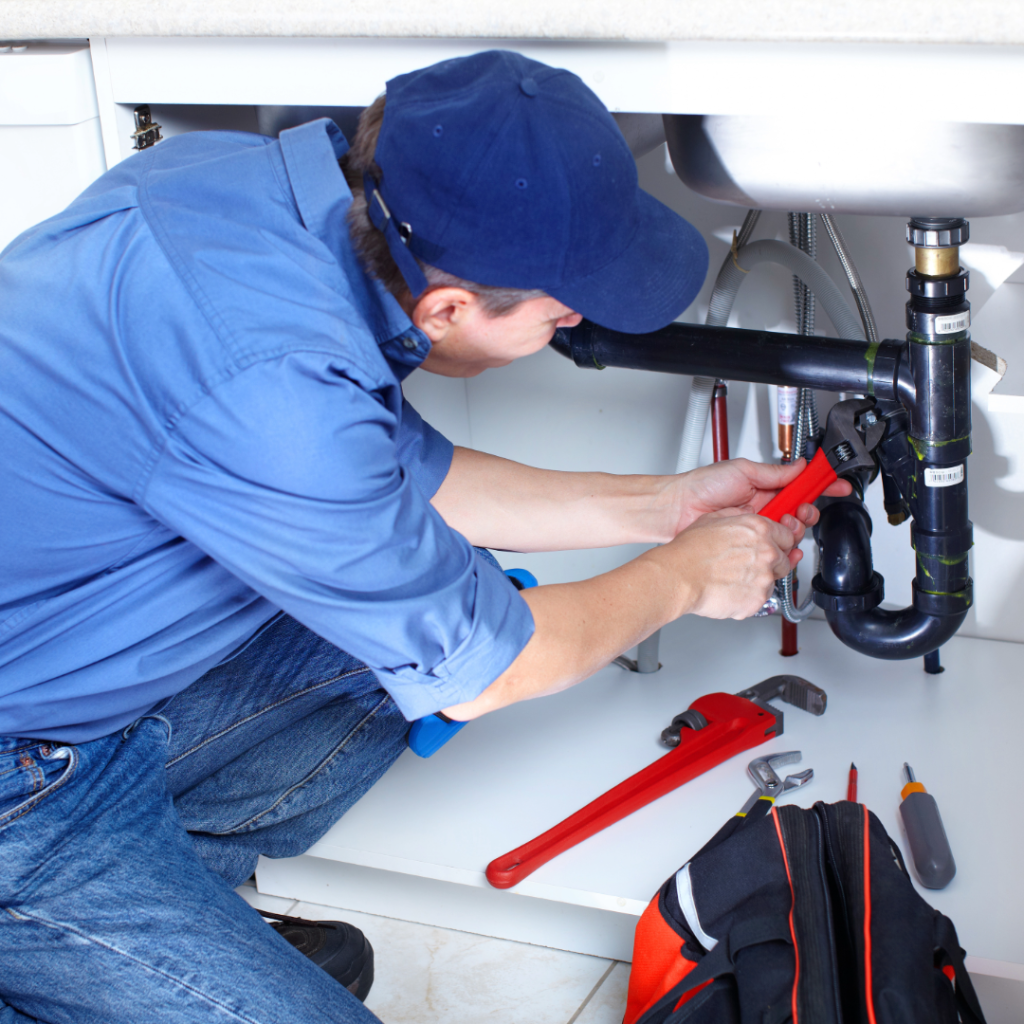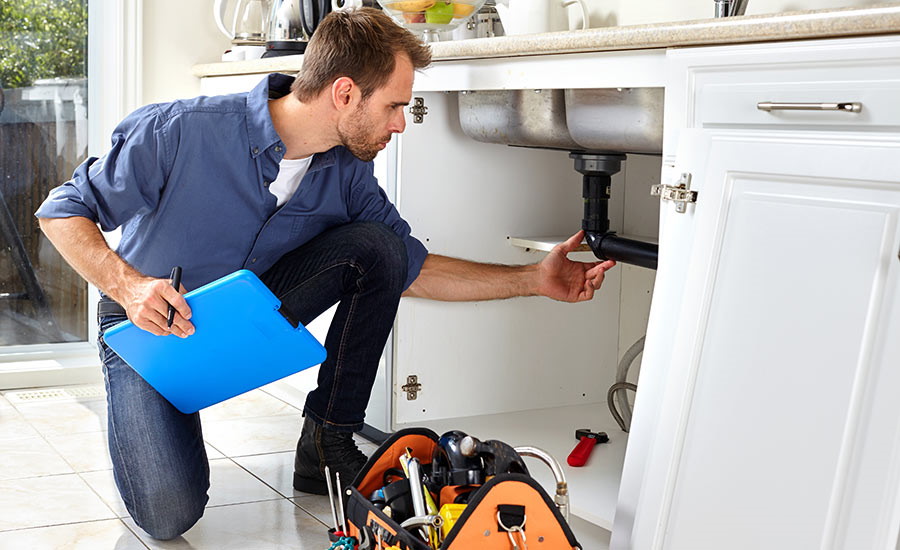All Categories
Featured

[/image][=video]
[/video]
Before you rush to call a plumbing technician or make some negative Do it yourself option, you might desire to take an appearance at these pipes keys that can conserve you time and cash. It is necessary to understand where you water turned off valve is in your home, as this can conserve you from more severe damages when plumbing problems happen.
As soon as every little thing is transformed off, take an appearance at your water meter. If the meter remains to move, it's most likely that you have a leak somewhere in your system. This approach will not inform you where the leakage originates, but it's an excellent primary step towards recognizing an issue. An ongoing movement on your water meter when all water sources are shut off is a clear red flag that requires prompt attention.
Sluggish drains are usually an early warning indicator of a larger issue. It might show an obstruction planned, an issue with your drain line, or even tree roots infiltrating your pipes. As opposed to waiting on the drainpipe to end up being entirely blocked, take action as quickly as you see a slowdown.

If these don't work, it might be time to call in a specialist. Neglecting the concern could bring about much more serious and pricey troubles down the line. Recognizing where your major water shutoff valve is can conserve you from prospective water damage in case of a major leakage or pipes calamity.
Should I Hire A Plumber?
Guarantee every house adult recognizes where the shutoff valve is and just how to utilize it. In case of a serious leak, promptly shutting off your home's water system can lessen damages and offer you comfort while you await a plumbing professional to get here. It's a prominent notion that chemical drainpipe cleaners are the utmost remedy for stopped up drains a concept that could not be additionally from the fact.
The chemicals can wear away the inner cellular lining of the pipelines, leading to damaged structures, leakages, and also pipe bursts. They can seep into groundwater and infect it, posturing threats to neighborhood ecological communities.
These tools can efficiently clear blockages without causing any damage to your pipelines. If these approaches don't work, do not hesitate to call an expert. Also, keep in mind that avoidance is constantly much better than treatment. Prevent pouring grease, oil, or any strong waste down your drains, as they can solidify and cause clogs.

Over-tightening can lead to many problems, including stripped screws and broken bolts, resulting in leaks or even water damage. This usual blunder in Do it yourself pipes jobs can transform a small repair into an expensive endeavor.
Is Diy Plumbing Safe?
Plumber's tape, or Teflon or string seal tape, is an essential tool for every house owner. It produces watertight seals at pipe strings, protecting against leakages at joints and links.

Prior to attaching any installations, take a minute to wrap a couple of layers of plumber's tape around the strings in a clockwise direction. See to it the tape covers all the strings and is covered firmly. This straightforward yet critical step can conserve you from dealing with bothersome leaks down the line.
Bear in mind that for bigger problems, specialist aid is constantly recommended. To stop this from occurring, consider setting up pipeline insulation.
And also, throughout cooler months, pipe insulation can aid avoid your pipes from cold and breaking a circumstance that can result in expensive repair work. When it pertains to securing fixtures like taps, many DIY enthusiasts instinctively reach for a plumber's putty. There's an alternative that could serve you much better silicone caulk.
Should I Hire A Plumber?
This versatility permits it to fit mild changes or motions without damaging the seal, providing a much more sturdy and durable remedy. Just bear in mind to allow the caulk treatment totally according to the producer's directions before revealing it to water to guarantee the finest results. "Doping" in plumbing refers to using pipe dope, or pipe joint substance, to the strings of pipes connections prior to they're screwed together.
Latest Posts
24/7 Plumber
Plumbing
Plumber